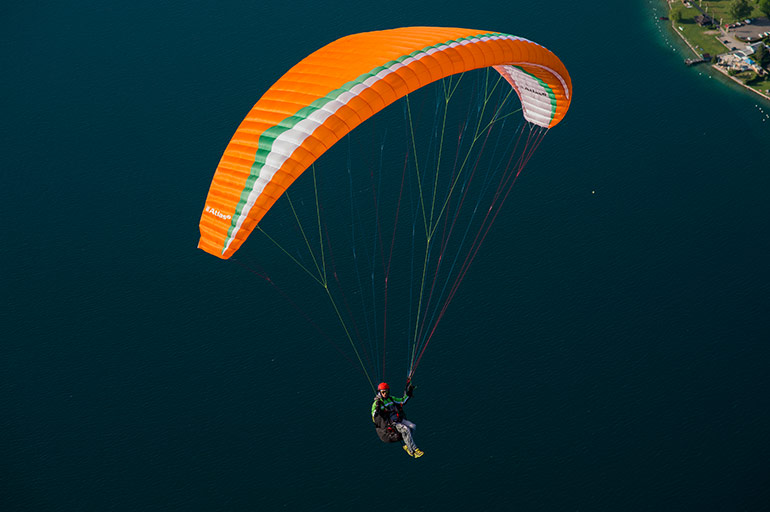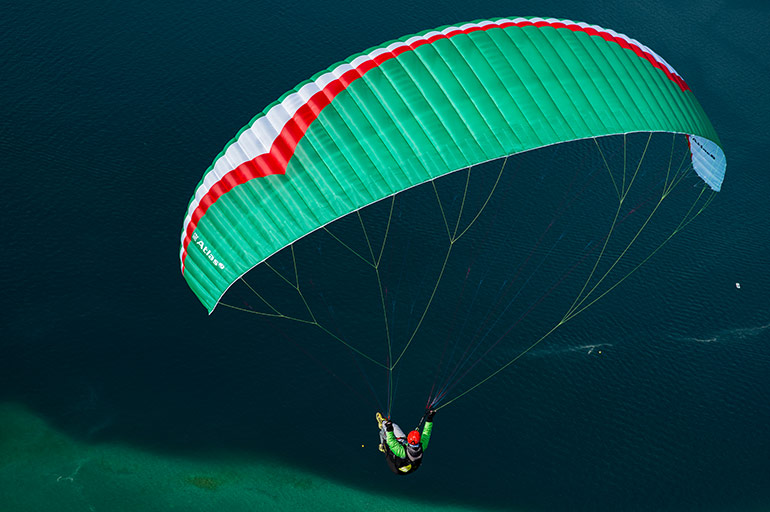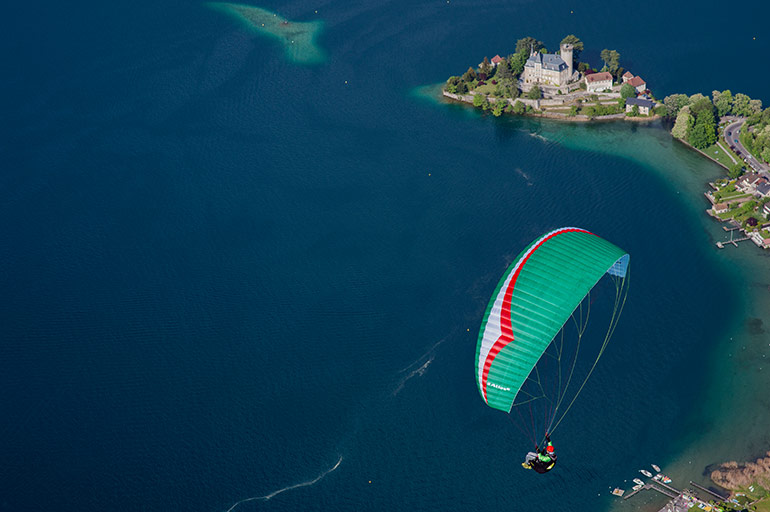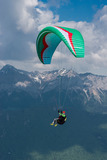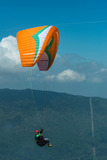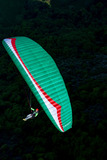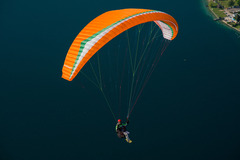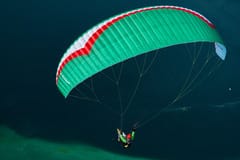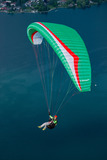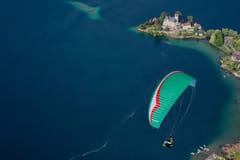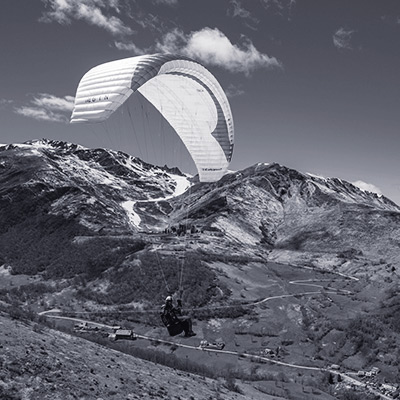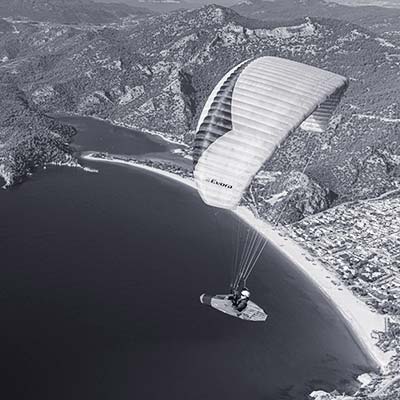Atlas 2
- Easy intermediate
- EN B
High fun, low stress
The Atlas 2 is an easy intermediate wing for beginning and leisure pilots who want a confidence-inspiring wing that still offers great XC possibilities.
The Atlas 2 aims to offer comfort in a wide range of conditions but with enough performance in climb and glide to keep a smile on your face.
- easy inflation and smooth take-off
- well-damped pitch control in strong conditions
- comfortable and reassuring handling with a well co-ordinated turn
- long and progressive brake travel for a wide safety margin
- useful ”thermal sniffing” ability
- improved real world performance in weak and strong conditions
- extended weight range (S and M sizes) for flying at higher wing loadings
Technical Specifications
| Size | XXS | XS | S | M | L | XL |
|---|---|---|---|---|---|---|
| Flat area (m2) | 21.61 | 22.89 | 24.94 | 27.08 | 29.31 | 31.62 |
| Flat span (m) | 10.61 | 10.92 | 11.4 | 11.88 | 12.36 | 12.84 |
| Flat aspect ratio | 5.21 | 5.21 | 5.21 | 5.21 | 5.21 | 5.21 |
| Projected area (m2) | 18.62 | 19.73 | 21.49 | 23.34 | 25.26 | 27.25 |
| Projected span (m) | 8.47 | 8.72 | 9.11 | 9.49 | 9.87 | 10.25 |
| Projected aspect ratio | 3.86 | 3.86 | 3.86 | 3.86 | 3.86 | 3.86 |
| Chord (m) | 2.57 | 2.65 | 2.76 | 2.88 | 2.99 | 3.11 |
| Number of cells | 47 | 47 | 47 | 47 | 47 | 47 |
| Glider weight (kg) | 4.5 | 4.8 | 5.1 | 5.4 | 5.8 | 6.2 |
| Weight range (kg) | 55-75 | 65-85 | 75-95 | 85-105 | 95-116 | 105-125 |
| Extended weight (kg) | - | - | 75-100 | 85-110 | - | - |
| Certification | EN B | EN B | EN B | EN B | EN B | EN B |
Designer notes
During the development of the Atlas 2, one of the aspects the Gin R&D team worked on was optimising the 3D shaping and sail tension for increased performance. Chief designer Gin Seok Song explains:
“The Atlas 2 project enabled us to use the latest technology from our competition wings in a lower-aspect ratio design.
Optimising the 3D shaping and sail tension gave us a bit more performance, and also a better feeling in the air. The glider is more damped in pitch which means that you don’t lose energy when gliding in moving air. The Atlas 2 also has a tendency to sniff out thermals by turning towards the core. And then, once you’re inside a thermal, the low aspect ratio and inherent stability help you get the most out of every thermal core, even the more turbulent ones.
We also worked on making the wing as easy to launch as possible, especially in stronger winds. Take-offs are a critical moment of a flight, so it’s really important that the wing comes up progressively and smoothly and doesn’t demand too much from the pilot.
There are so many pilots who don’t fly hundreds of hours a year and who just want to reduce their exposure to risk without losing too much of the fun factor. For these pilots, we think the Atlas hits the sweet spot.”
Details
- Optimized airfoil with 2nd generation Equalized Pressure Technology (EPT) for stability and performance
- Low line consumption: 3 risers / 2 main lines spanwise
- Internal construction with well chosen crossports maintains even sail tension
- Nylon rods in top sail trailing edge help maintain the shape of the profile in turbulence, which means better performance
- Low friction rings on the brake lines provide smooth operation and prevent twisting and are easily replaceable
- Split ‘A’ risers for easy big ears
- Mini-ribs on the trailing edge improve handling and performance
- Efficient speed system with Ronstan pulleys
- Gathering (reefing) system on the trailing edge for smooth and well-defined handling
- Nylon rods are soft, shape-retaining and durable, but can be easily replaced if necessary
Colours


Included with your glider

Inner bag

Compression strap

GIN stickers

